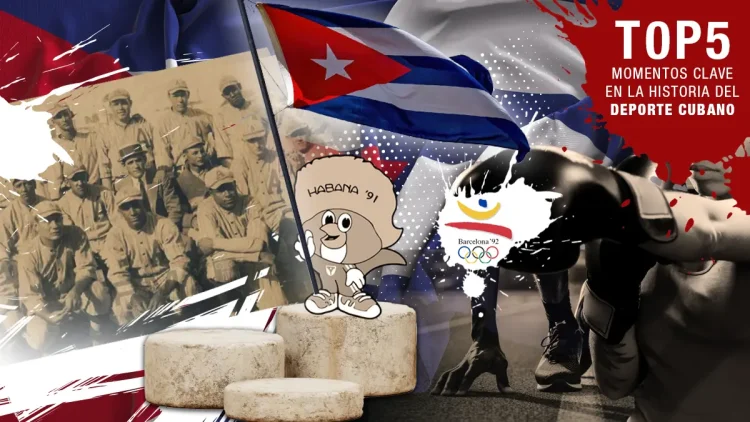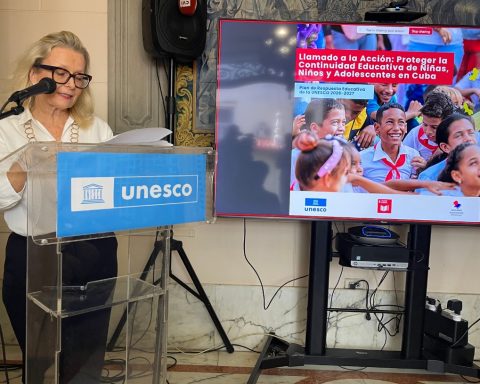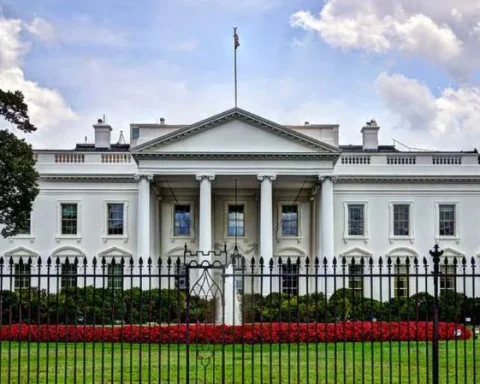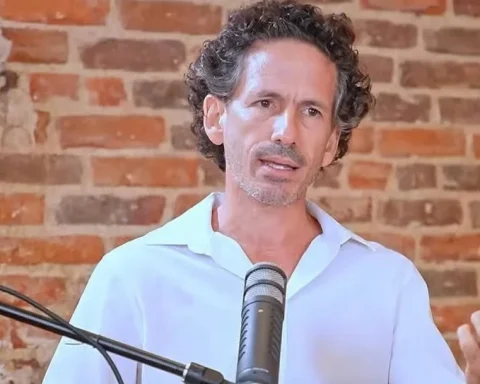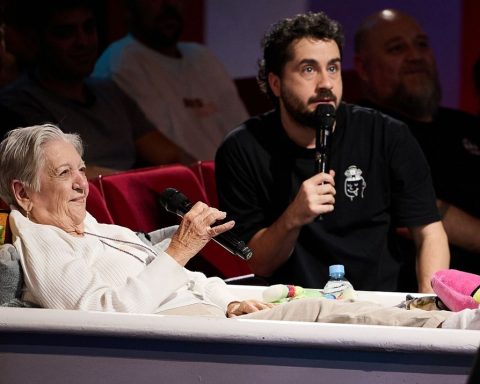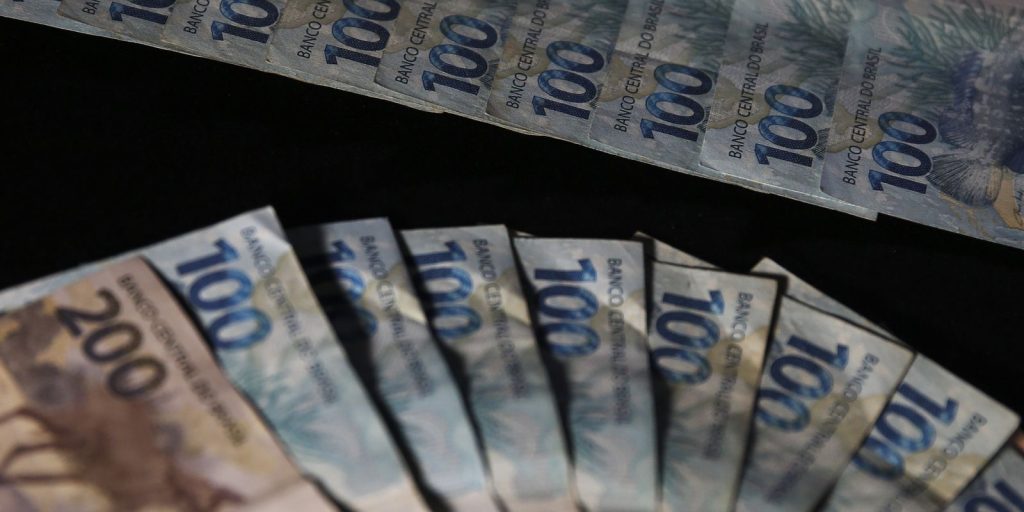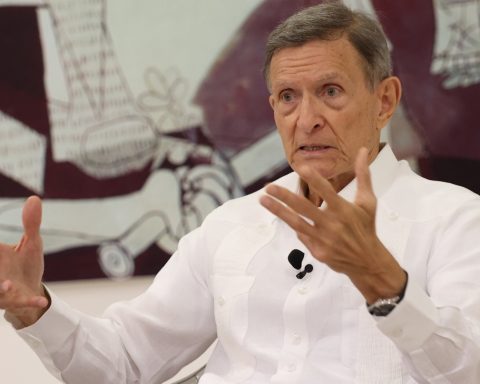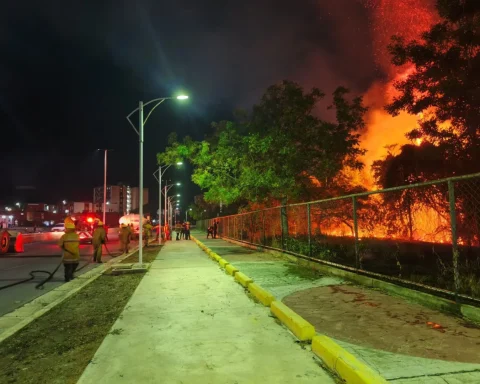MADRID, Spain.- The sport It has been an essential part of Cuban identity, and its evolution reflects the social, political and economic history of the island. Below, we review five key events that have defined the island’s sporting landscape, for better or worse.
1. Beginning of the Cuban Baseball League (1878)
The emergence of the Cuban Baseball League in 1878 marked the beginning of one of the most deeply rooted sporting traditions in Cuba. For more than eight decades, this league, also known as the “Cuban Winter League,” became the epicenter of baseball in the Caribbean and beyond. Despite its modest size, hosting between three and five teams, it was a symbol of the Cuban passion for baseball.
An important milestone was racial integration in 1900, when players of all ethnicities were allowed to compete on equal terms, something unusual at the time. Stars such as Adolfo Luque and Martin Dihigo Not only did they shine in the league, but they also made their mark internationally. The Cuban League played a key role in developing young talents and signed an agreement with the Major Leagues in 1947, cementing it as fertile ground for future stars. However, with the Cuban Revolution and the abolition of professional sport in 1961, this legendary league came to an end.
2. Creation of the Cuban Olympic Committee (1926)
The Cuban Olympic Committee (COC), founded in 1926, was a key player in the organization and representation of Cuban athletes at the international level. Although the COC was not recognized by the International Olympic Committee (IOC) until 1955, its creation represented a crucial step in Cuba’s participation in international sporting events, such as the Pan American Games and the Central American and Caribbean Games.
However, the COC’s course changed dramatically after 1959, when the revolutionary government began to intervene directly in its management. Fidel Castro limited the committee’s autonomy, prioritizing political interests over sports development. This led to Cuba’s absence from the 1984 and 1988 Olympic Games for political reasons, among other restrictions.
3. Elimination of professional sport (1962)
In 1962, the Cuban government, through the National Institute of Sports, Physical Education and Recreation (INDER), abolished professional sport in the country, arguing that sport should be a right for all and not a privilege for a few. This measure transformed all Cuban athletes into amateurs, under strict state control. baseball, who had been a professional gem, was affected by this decision, as were other highly popular sports.
Although Cuban athletes continued to excel internationally, many sought opportunities outside state control, leading to a constant drain of talent that has been unstoppable to this day. In the 1990s, there was a slight opening for some athletes to compete in international leagues, but it was not until 2013 that they were officially allowed to sign contracts abroad, always under the supervision of the authorities. This control has had a significant impact on the competitiveness of Cuban sport globally.
4. 1991 Pan American Games
In the midst of the economic crisis that shook Cuba following the fall of the Soviet Union, the island prepared to host the 1991 Pan American Games. Despite logistical difficulties and initial doubts about Cuba’s ability to organize the event, the Pan American Games in Havana were a resounding success.
With the participation of more than 4,500 athletes from 39 countries, Cuba was crowned champion of the medal table, surpassing the United States, which represented a historic milestone. With 140 gold medals, 62 silver and 63 bronze, Cuba demonstrated its dominance in sports such as boxing and athletics.

5. Barcelona Olympic Games (1992)
Cuba’s participation in the 1992 Barcelona Olympic Games was one of the most glorious moments for national sport. Despite the deep economic crisis the country was experiencing, Cuba ranked fifth in the overall medal table, with 14 gold medals, six silver and 11 bronze.
Boxing was once again the star sport, with figures such as Félix Savón and Héctor Vinent dominating their categories. In addition, Javier Sotomayor, with his historic gold medal in the high jump, reaffirmed his status as one of the great names in world athletics. Cuba also celebrated victory in baseball, making its debut at the Olympic Games with a gold medal after beating Japan in the final. This extraordinary performance consolidated Cuba as one of the great sports powers of the world, especially in combat sports and athletics.
However, the lack of professional sport, together with the aforementioned strict state control and other factors, gradually eroded the quality of Cuban sport. This decline was particularly evident in the Paris 2024 Olympic Games, where Cuba had its worst record since 1960. The country won only two gold medals, one silver and six bronze, which resulted in 32nd place in the medal table, its lowest number of titles since 1968 and its lowest medal haul since 1972.

